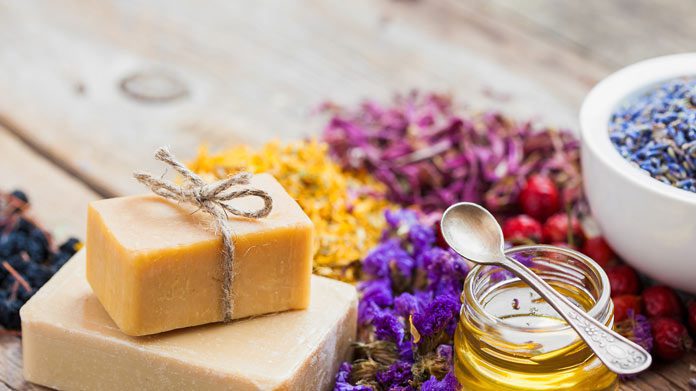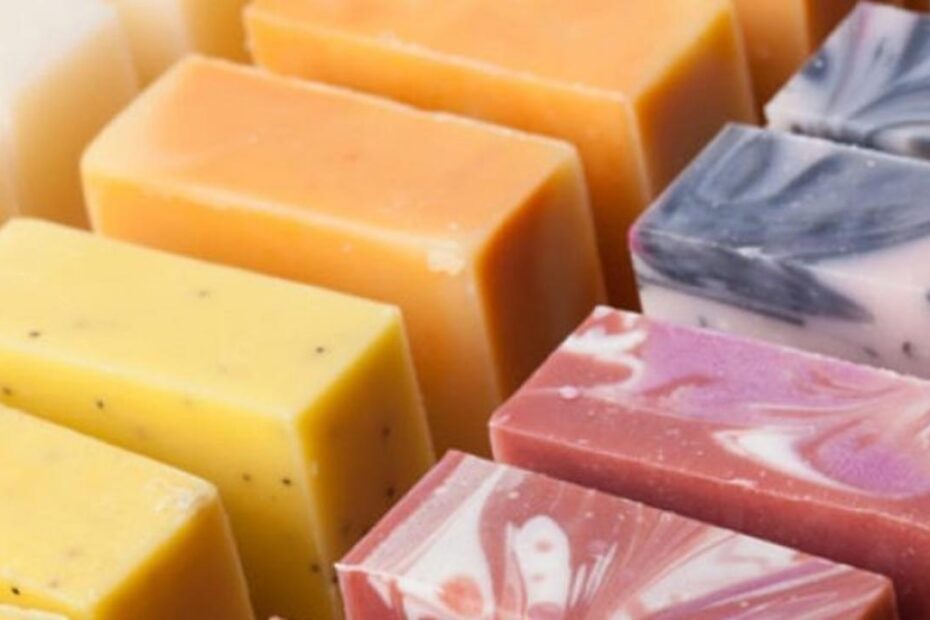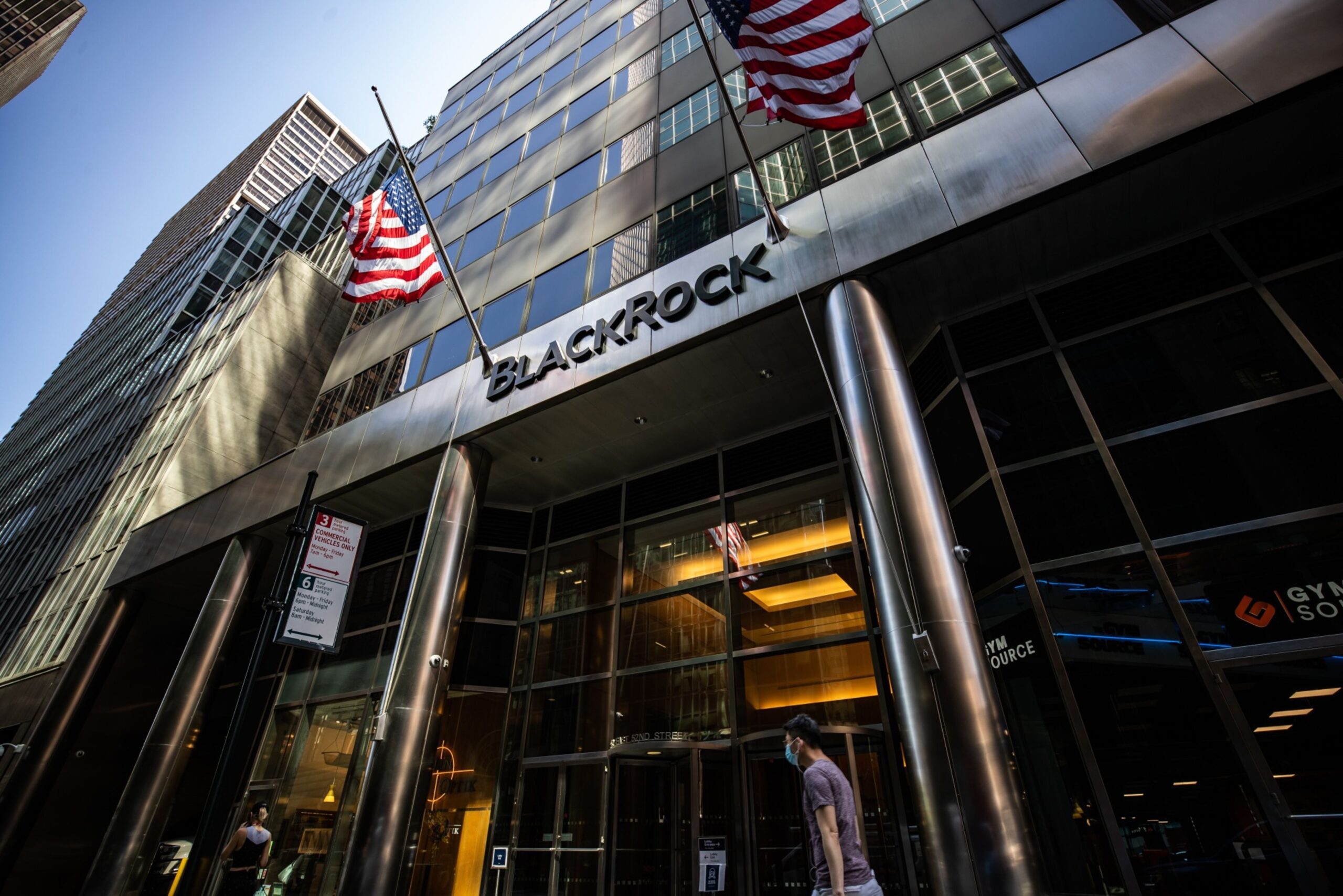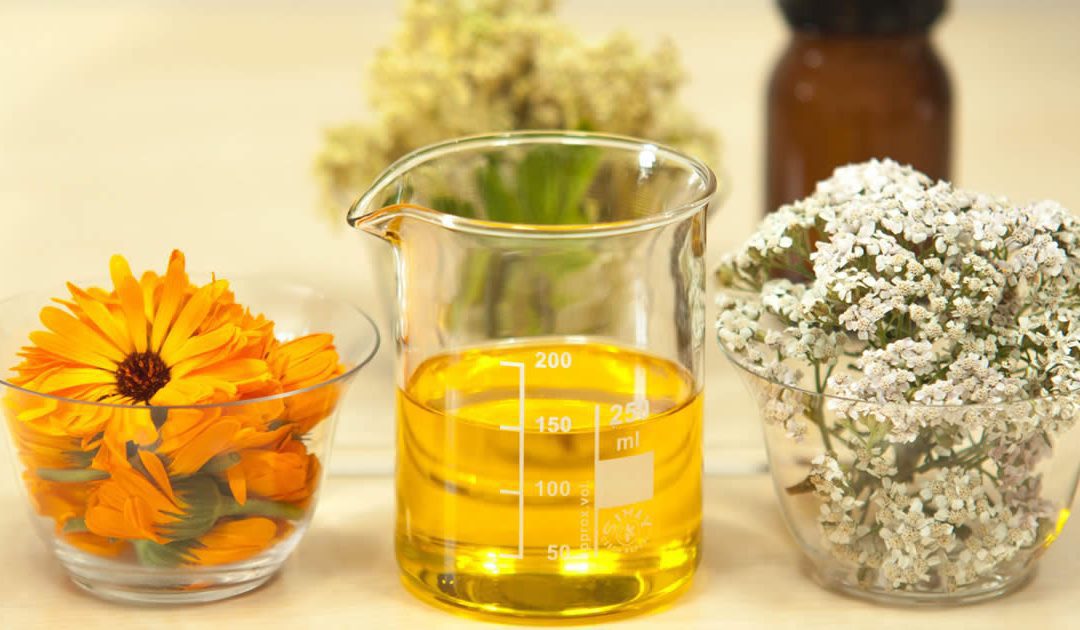There are a few things you need to do in order to start your own soap business. First, you need to come up with a good business plan. This should include what products you will sell, how you will manufacture them, and how you will market and distribute them.
Next, you need to choose a good location for your business. This should be a place where there is a demand for your products and where you can get the supplies you need at a good price. Finally, you need to get the necessary licenses and permits from the government in order to operate your business legally.
- Choose the type of soap you want to make
- There are many different types of soap, each with its own unique properties
- Do some research to find the right type of soap for your needs
- Find a recipe
- Once you know what kind of soap you want to make, find a recipe that suits your needs
- Make sure to find a reliable source for your recipe to ensure accurate results
- gather the ingredients and tools needed for the recipe
- This includes both the materials needed for the soap itself as well as any equipment required, such as molds or mixers
- follow the recipe carefully, paying attention to detail and measuring accurately
- This is crucial in order to create a successful batch of soap
How to Start a Soap Business at Home
If you’re looking to start a soap business at home, congratulations! Soap-making is a fun and rewarding hobby that can be turned into a successful business venture. But where do you start?
Here are some tips to get your soap business up and running:
1. perfect your recipe. This may take some trial and error, but it’s important to have a great product before you start selling.
Consider what kind of soaps you want to make (e.g., bar soap, liquid soap, etc.) and what ingredients you need. There are plenty of resources available online and in books to help perfect your recipe.
2. choose a name and brand for your business.
Your name and branding should be reflective of the quality of your product and the image you want to project for your business. Be creative!
3 .
create professional-looking packaging . This will be one of your most important marketing tools, so take some time to design attractive labels or wrapping for your soaps. Again, reflect the quality of your product with high-quality packaging materials .
4 . set up an eCommerce website or sell through existing channels . If you plan on selling online, invest in creating a professional website with clear photos , descriptions ,and pricing for your products .
You can also sell through existing marketplaces like Etsy or eBay , or even through brick-and-mortar retailers if you have connections . 5 determine how much to charge for your products . Pricing should take into account the cost of ingredients as well as the time required to make each batch of soap . A good rule of thumb is to price each bar at least $ 1 more than it costs you to make it ; this will help ensure profitability while still allowing room for discounts or promotions down the road 6 build up inventory before launch ing sales Whether you plan on selling online , at craft fairs ,or retail locations ,it’s important to have enough inventory on hand before starting sales 7 promote! Promote ! Promote ! In order for peopleto buyyour soap s they first needto know about them ! Get active on social media ,create an email marketing campaign ,and consider partnering with other businesses in complementary industries ( e g : health food stores ) 8 enjoythe process Runninga smallbusinesscanbe demandingat times but rememberto enjoythe creative processofsoap makingand promotingyour products It ’sa fun journey so soak up every minute!
How Much Does It Cost to Start a Soap Business
Starting a soap business can be a very rewarding experience. Not only are you able to make money from home, but you get to do something that you love – creating beautiful soaps! The cost of starting a soap business can vary depending on the type of business you want to start and the products you want to sell.
For example, if you just want to sell handmade soaps at farmers markets, the startup costs will be very low. However, if you want to start an online store and sell wholesale, the costs will be higher. Overall, the average cost of starting a soap business is between $300-$1000.
Below is a breakdown of some common expenses:
-Soapmaking supplies: $100-$500
-Website design and hosting: $100-$200
-Advertising and marketing: $50-$250
-Business insurance: $50-$200
-Packaging materials: $50-$200
Of course, these are just estimates and your actual costs may be higher or lower depending on your specific situation. But hopefully this gives you an idea of what it takes to get started in the wonderful world of soapmaking!
Soap Making Business Startup Pdf
Are you thinking about starting a soap making business? If so, you’re in the right place! This blog post will provide you with all the information you need to get started, including a downloadable PDF guide.
Soap making is a great way to make some extra income, or even turn it into a full-time business. It’s also a fun and creative activity that allows you to be your own boss and make products that are uniquely yours.
The first step in starting your soap making business is to create a business plan.
This will help you determine your start-up costs, target market, and how you plan on marketing your products. You can find a soap making business startup PDF guide here.
Once you have your business plan in place, it’s time to start gathering supplies.
You’ll need some basic equipment like molds, colorants, fragrances, and oils. You can find most of these items at your local craft store or online.
How to Start a Soap Making Business With Nearly Nothing
If you’ve ever wanted to start your own soap making business but thought it was too expensive, think again! With just a few supplies and a little know-how, you can be up and running with very little investment. Here’s what you’ll need to get started:
Soap base: You can find soap bases at craft stores or online. They come in different varieties, but the most common are glycerin and melt & pour. For this project we recommend using a clear glycerin base.
Fragrance oil: This is what will give your soap its scent. You can find fragrance oils at craft stores or online. Start with a small bottle so you can experiment with different scents until you find one (or several) that you like.
Colorant: This is optional, but if you want to color your soap, you’ll need some type of colorant. Again, craft stores or online retailers are your best bet for finding these. A little goes a long way, so start with small containers of different colors and mix them together to create new shades.
Soap Business Profit Margin
If you’re thinking about starting a soap business, one of the first questions you’ll need to answer is what kind of profit margin you can expect to make. Here’s a look at some factors that will affect your bottom line.
The cost of goods sold (COGS) is one of the biggest expenses in any business, and soap is no exception.
The price of raw materials, packaging, and shipping can all add up quickly. And if you’re selling handmade soap, your labor costs are also part of the equation.
To calculate your profit margin, simply take your total revenue and subtract your COGS.
This will give you your gross profit. From there, you can factor in other expenses like advertising, rent, and utilities to get your net profit margin.
One thing to keep in mind is that soap is a highly competitive market.
In order to be successful, you’ll need to differentiate yourself from the competition with unique products and/or branding. Otherwise, it will be tough to make a decent profit margin.
Soap Business Introduction
If you’ve ever thought about starting your own soap business, now is the time! Soap making is a fun and rewarding hobby that can turn into a thriving business. With a little creativity and hard work, you can create beautiful, natural soaps that people will love.
Here are a few things to consider when getting started:
1. What kind of soap do you want to make? There are endless possibilities when it comes to soap recipes and designs.
Do some research and decide what kind of soaps you want to create. You may want to specialize in a certain type of soap, like vegan or all-natural soaps. Or you may want to experiment with different scents, colors, and shapes.
The sky’s the limit!
2. What equipment do you need? To get started, you’ll need some basic supplies like a mold for your bars of soap, fragrance oils or essential oils for scenting, and colorants if desired.
You can find all of these items at craft stores or online retailers specializing in soap making supplies. If you plan on making large batches of soap, you may want to invest in some larger equipment like a double boiler or Crockpot® for melting the base ingredients safely.
3 .
How will you sell your soap? Once your soaps are made, it’s time to start selling! If you’re selling locally, craft fairs and farmer’s markets are great places to start.
You can also set up an online shop using platforms like Etsy or Shopify .
Profit % in Soap Making Business
In any business, the profit percentage is very important. The higher the profit percentage, the more money the business makes. Soap making is no different.
In order to make a good profit in soap making, you need to know what your costs are and how to price your products accordingly.
The cost of making soap includes the cost of ingredients, packaging, and labor. To get an accurate idea of your total costs, you need to track all of these expenses carefully.
Once you know your costs, you can start pricing your products. There are a few different ways to price soap: by weight, by batch size, or by bar size.
To calculate profit percentage, take your total revenue from sales and divide it by your total costs.
This will give you your gross profit margin. From there, you can figure out your net profit margin by subtracting any taxes or other fees from your gross profit margin. The higher your net profit margin is, the more profitable your soap making business is!
How to Sell Soap Legally
Are you thinking about starting a small soap-making business? Soap is a popular product that is relatively easy and inexpensive to make. But before you start whipping up batches of soap to sell, it’s important to understand the legal requirements for doing so.
In the United States, there are three main agencies that regulate the manufacture and sale of consumer products like soap: the Federal Trade Commission (FTC), the Food and Drug Administration (FDA), and the Consumer Product Safety Commission (CPSC). Here’s a brief overview of what each agency requires when it comes to selling soap:
The FTC regulates advertising and marketing claims made about soap.
This means that if you make any claims about your soap’s benefits or properties, you must be able to back them up with scientific evidence. The FTC also has rules against making false or misleading claims about your competitors’ products.
The FDA regulates ingredients used in soap and other cosmetics.
All ingredients must be listed on the product label, along with their purpose. Some substances are restricted or prohibited from use in cosmetics, so it’s important to check with the FDA before using them in your soap recipes.
The CPSC oversees packaging and labeling requirements for all consumer products, including soap.
Your soap must be properly labeled with an accurate list of ingredients, your company name and address, any warnings required by law, and more. The packaging should also be sturdy enough to protect the product inside during shipping and handling.
Soap is considered a cosmetic product by the FDA, which means it falls under certain regulations regarding ingredients, labeling, and packaging.
But because it is not considered a food or drug, there are no special licensing requirements for manufacturing or selling soap in small businesses in the United States. However, many cities and counties have their own laws governing business operations within their jurisdiction, so it’s always best to check with your local authorities before starting any new business venture.

Credit: howtostartanllc.com
Is Soap Making Business Profitable?
Yes, soap making can be a very profitable business! There are many ways to make money with soap, from selling handmade soaps at farmers markets or craft fairs to setting up an online store. You can also wholesale your soaps to stores or spas.
One of the great things about soap making is that you can price your products however you want. If you make high-quality, luxurious soaps, you can charge a higher price point. Or, if you want to sell more affordable soaps, you can price them accordingly.
No matter what pricing strategy you choose, there’s a good chance you can find success selling soap!
Do I Need Fda Approval to Sell Soap?
No, you do not need FDA approval to sell soap. Soap is not a regulated product by the FDA. However, there are certain labeling requirements for soap that must be followed in order to avoid misbranding and adulteration of the product.
Additionally, all soaps must be made with safe ingredients that are properly disclosed on the label.
What Do You Need to Start a Soap Making Business?
If you’re thinking about starting a soap making business, there are a few things you’ll need to get started. First, you’ll need to find a reliable source of high-quality ingredients. You’ll also need some basic equipment, like pots and pans for melting and pouring the soap, as well as molds for shaping the bars.
And of course, you’ll need a good recipe.
Once you have all of your supplies, it’s time to start experimenting with recipes. Soapmaking is both an art and a science, so it takes some trial and error to find the perfect combination of ingredients for your soap.
Once you’ve perfected your recipe, it’s time to start marketing your soap. You can sell it online, at craft fairs, or even in local stores. Just be sure to package your soap in attractive packaging that shows off its unique qualities.
With a little bit of effort, you can turn your love of soapmaking into a thriving business!
Can I Sell Soap from Home?
Yes, you can sell soap from home. There are a few things to keep in mind when selling soap from home. First, you need to make sure that your soap is high quality and made with natural ingredients.
Secondly, you need to package your soap in an appealing way. Lastly, you need to price your soap competitively.
How To Start A Small Soap Business At Home In 2022
Conclusion
In todays post we will be discussing how to start a soap business. This can be a fun and rewarding business venture, but there are a few things you need to know before getting started.
The first thing you need to do is decide what type of soap you want to make.
There are many different types of soap, each with its own unique properties. You need to decide what kind of soap will best suit your needs and the needs of your customers.
Once you have decided on the type of soap you want to make, the next step is to find a recipe.
There are many recipes available online and in books. You can also develop your own recipe if you prefer. Once you have found or developed a recipe, the next step is to gather the necessary ingredients and supplies.
Now that you have all of the ingredients and supplies, it is time to start making soap! The process of making soap is not difficult, but there are a few things you need to know in order to make beautiful, high quality bars of soap. We will go over these things in detail in future posts.
For now, just know that making soap requires melting oils and combining them with lye water (never add lye directly to oils!).
After your soaps have cooled and hardened, they are ready for use! You can now package them up for sale or use them yourself.
We hope this post has given you some helpful information on how to get started in the exciting world of Soapmaking!



